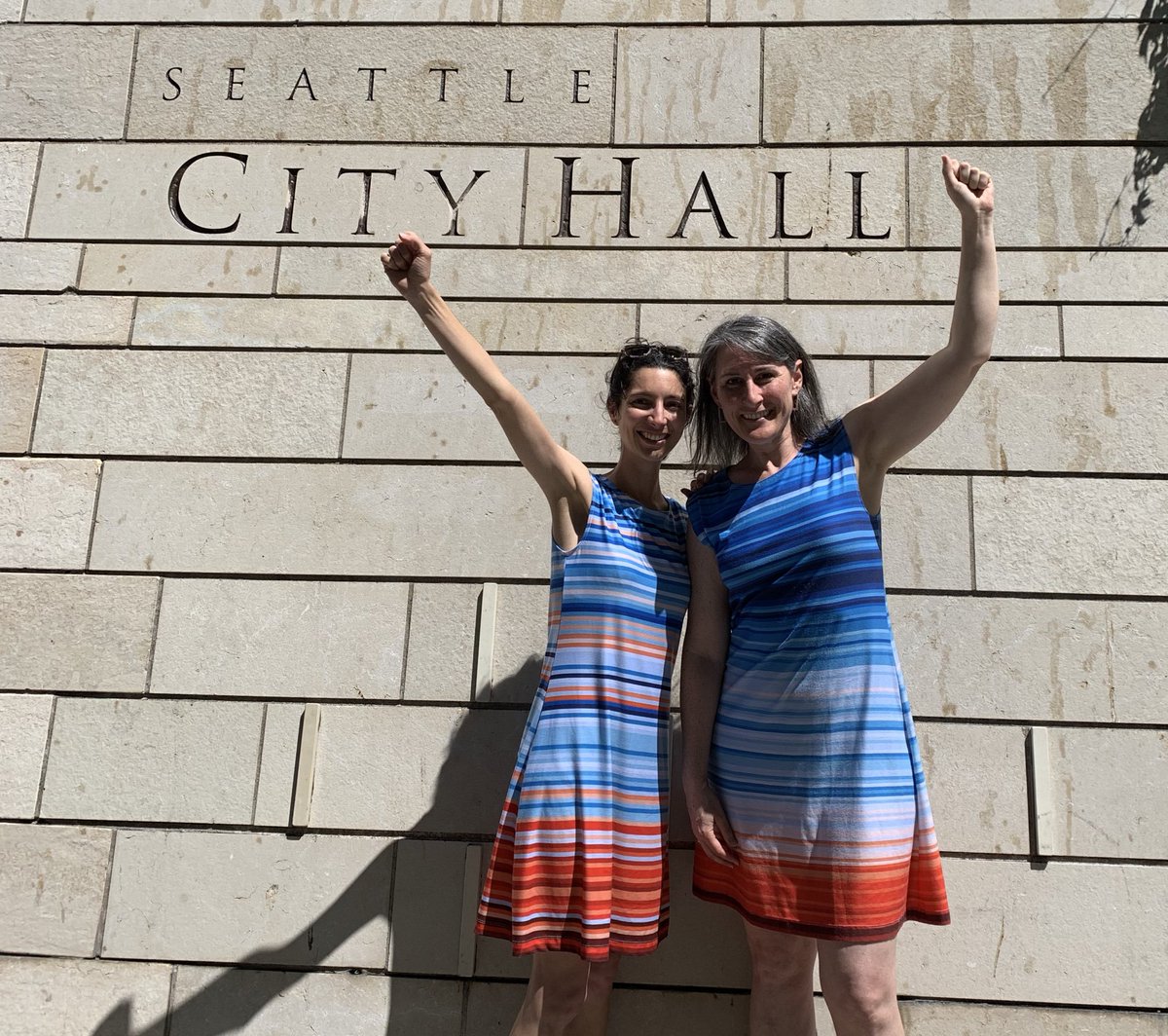
The climate spiral, showing changes in global temperature since 1880.
2022 edition, by @marksubbarao and NASA SVS.
svs.gsfc.nasa.gov/4975
2022 edition, by @marksubbarao and NASA SVS.
svs.gsfc.nasa.gov/4975
@marksubbarao This new version is based on an original from 2016, which ended up being used in the Opening Ceremony of the Rio Olympics.
The story of the original, with @janfug & @taranfn: journals.ametsoc.org/view/journals/…
The story of the original, with @janfug & @taranfn: journals.ametsoc.org/view/journals/…
https://twitter.com/ed_hawkins/status/729753441459945474
• • •
Missing some Tweet in this thread? You can try to
force a refresh













